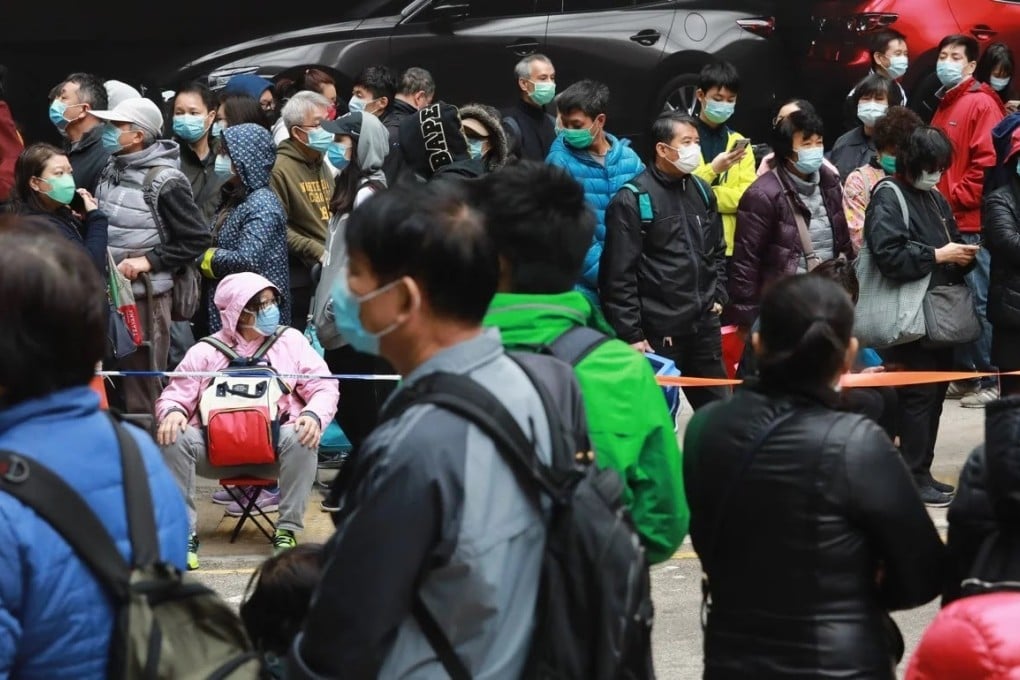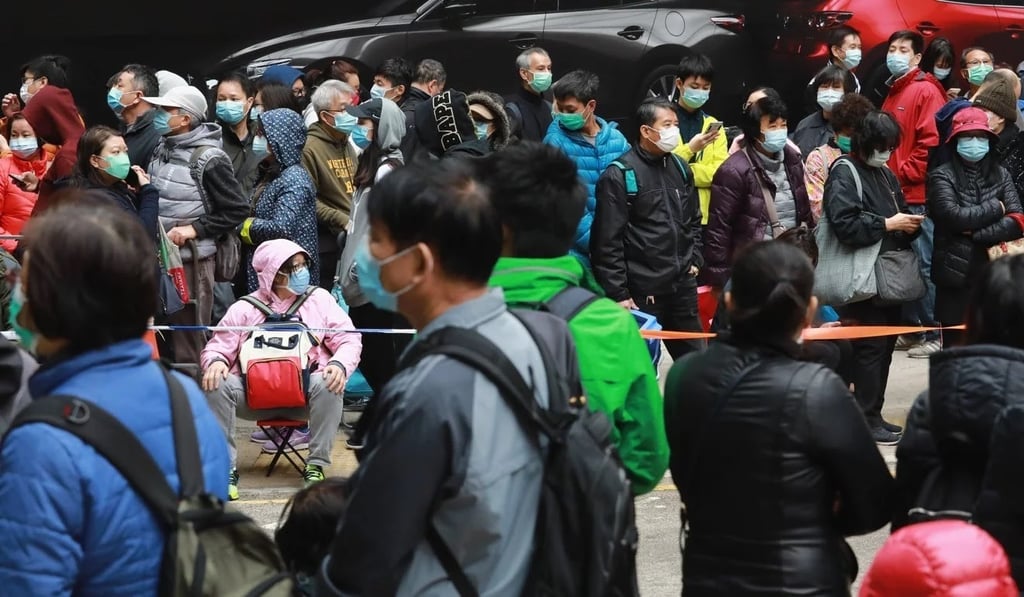Advertisement
Can’t find toilet paper in Hong Kong? Crowdsourced map fights coronavirus hoarding
Inspired by a controversial Hong Kong protest map, a team of developers hopes to help people track shortages of things like face masks and avoid panic buying
Reading Time:2 minutes
Why you can trust SCMP

This article originally appeared on ABACUS
When people awoke in Hong Kong on Thursday morning, anyone who needed to buy toilet paper would have found barren shelves across the city’s supermarkets.
Rumors of shortages spurred by fears of the coronavirus outbreak in China sent Hongkongers into a shopping frenzy, clearing supermarket aisles of rice, bleach, instant noodles and frozen dishes. Face masks and hand sanitizer have already been scarce commodities for weeks, with lines of thousands of people snaking out in front of stores. Prices of masks have soared.
Now some app developers are hoping to ease the panic with a platform designed to track shortages using both local and global crowdsourcing. Shortage Tracker launched as an open-source online map that allows people to report where goods are available and whether prices are inflated.
Advertisement

The idea for the platform first hit Trey Menefee when he began noticing face masks were running low. Menefee is the founder of Open Source Intelligence HK (OSINT HK), which created the map. But the masks weren’t just disappearing in Hong Kong and mainland China. It was happening as far as Singapore, the Philippines, South Africa and even the US. Other items started disappearing, too. Some people had a hard time finding cat food.
Advertisement
“What really kicked this project off was when fresh vegetables disappeared off the shelves,” said Menefee, who is also a professor at the Education University of Hong Kong. “No one could really explain why the government didn't even make a statement warning people this might happen.”
China is now in the midst of a severe mask shortage as the novel coronavirus death toll has risen above 560 and the number of those infected has risen into the tens of thousands. Now shortages are spanning oceans, from Tokyo to Toronto.
Advertisement
Select Voice
Select Speed
1.00x